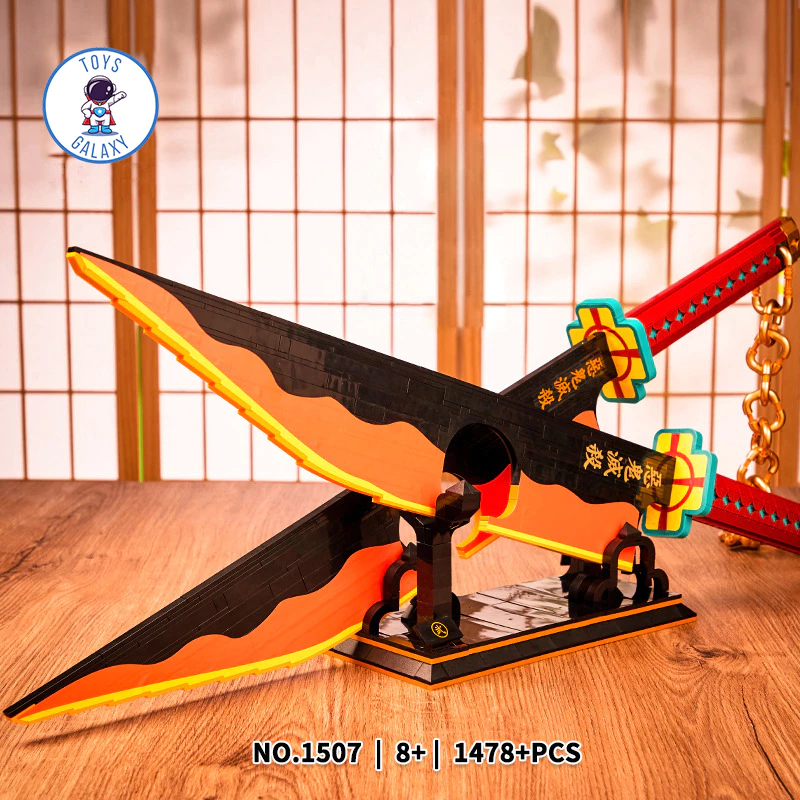Nhà hát Opera Wrocław
 | |
 | |
| Vị trí | 35 Đường Świdnicka, Wrocław, Ba Lan |
|---|---|
| Công trình xây dựng | |
| Khánh thành | 1841 |
| Kiến trúc sư | Carl Ferdinand Langhans (1841) Carl Johann Lüdecke (1865) Karl Schmidt (1871) |
Nhà hát Opera Wrocław là một công ty opera và nhà hát opera ở Wrocław, Ba Lan. Nhà hát opera được khai trương vào năm 1841 và cho đến năm 1945 được gọi là Nhà hát Opera Breslau.
Lịch sử
[sửa | sửa mã nguồn]Một công ty opera Ý được thành lập tại Wrocław (Breslau) vào năm 1725 bởi Antonio Maria Peruzzi, sau khi tách nó khỏi sự hợp tác với Antonio Denzio, người mà anh đã cộng tác trong công ty Peruzzi-Denzio tại nhà hát Sporck ở Prague.[1] Nhà hát trên đống tro tàn được Franz von Schuch (1716 - 1764) mở cửa năm 1755 và biểu diễn opera cho đến khi ông qua đời vào năm 1764.[2] Con trai của ông đã mang những vở opera đầu tiên của Johann Adam Hiller đến nhà hát của Theodor Lobe ở Breslau vào năm 1770. Người kế vị của ông, Johann Christian Wäser đã mang về nhiều tác phẩm hơn nữa, bao gồm các bản dịch những vở opera Singspiel tại địa phương về những tác phẩm của Pierre-Alexandre Monsigny.[3] Năm 1804, Abbé Vogler đã mời Carl Maria von Weber chỉ huy Nhà hát Opera Breslau khi ông mới 18 tuổi.[4][5] Nhà hát opera được xây dựng vào năm 1841 theo thiết kế của Carl Gotthard Langhans, được giám sát bởi con trai của ông -Carl Ferdinand. Nó đã được tu sửa hai lần sau vụ hỏa hoạn vào năm 1865 bởi Carl Johann Lüdecke và 1871 bởi Karl Schmidt. Sau vụ cháy đầu tiên năm 1867, Theodor Lobe mời vị nhạc trưởng trẻ Ernst Schuch (1846 -1914) về bắt đầu sự nghiệp tại nhà hát.
Sau Thế chiến thứ nhất, các tác phẩm đáng chú ý trong những năm giữa hai cuộc chiến tranh bao gồm Die Glückliche Hand (1928) của Schönberg. Các giám đốc âm nhạc trong thời kỳ này bao gồm Franz von Hoesslin, người đã bị buộc rời khỏi thành phố và Đức, vào năm 1928.[6]


Công chiếu
[sửa | sửa mã nguồn]- Ludomir Różycki Eros und Psyche 1914
Tham khảo
[sửa | sửa mã nguồn]- ^ The Opera Theater of Count Franz Anton von Sporck in Prague, p. 44, Daniel E. Freeman (1992). "The final outcome was the establishment of an opera company in Breslau, with Peruzzi as impresario, and the defection of a number of members of Denzio's company to Peruzzi's company."
- ^ Erika Fischer-Lichte History of European Drama and Theatre, p. 150, 2002. "After Schuch was brutally rejected by the city council in the merchant city, Frankfurt, because of bitter controversy between religious leaders, he succeeded in gaining citizen's rights in Breslau in 1754. He built a theatre there on his own land, and performed regularly from 1755 to 1764."
- ^ North German Opera in the Age of Goethe, p. 83, Thomas Bauman (1985). "Breslau in Silesia offered German companies an attractive alternative to Leipzig or Berlin. Like them, it could support a company from autumn... the charming name Theater on the Cold Ashes. Schuch brought the first Hiller operas to Breslau in 1770, and his successor Johann Christian Waser introduced many more. In addition, Breslau saw the premieres of three new operas of its own in 1771 and 1772."
- ^ Pianoforte Music Its History, with Biographical Sketches, p. 105, John Comfort Fillmore (2005). "Before he was quite eighteen years old, he was called, on the recommendation of the Abbe Vogler, to be conductor of the opera in Breslau. He showed marked talent in his new position of responsibility, and gained invaluable experience."
- ^ The Opera and its Future in America, p. 149, Herbert Graf (1941). "Weber had worked hard for the organization of German opera in Breslau, Prague, and Dresden. He was not only conductor, but stage director as well, supervising the unity of the whole performance,..."
- ^ Jonathan Huener, Francis R. Nicosia "The arts in Nazi Germany: continuity, conformity, change", p. 102, 2006. "Alfred Einstein, 'Opera in Breslau: Schönberg's Die glückliche Hand [The Favored Hand], Handel's Joshua, and Ballet", Berliner Tageblatt, ngày 26 tháng 3 năm 1928, trans. in Alfred Einstein on Music: Selected Music Criticisms"
Liên kết ngoài
[sửa | sửa mã nguồn]![]() Tư liệu liên quan tới Wrocław Opera tại Wikimedia Commons
Tư liệu liên quan tới Wrocław Opera tại Wikimedia Commons
- Website of the Wrocław Opera (tiếng Ba Lan)
- Opera - Stadttheater, Opernhaus na potalu polska-org.pl
 GIẢM
30%
GIẢM
30%
![[Review Sách] 7 Định luật giảng dạy](https://down-bs-vn.img.susercontent.com/vn-11134207-7qukw-lidxs3ynamto6c.webp) GIẢM
12%
GIẢM
12%
 GIẢM
50%
GIẢM
50%
 GIẢM
48%
GIẢM
48%





